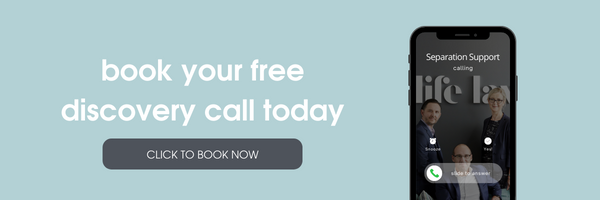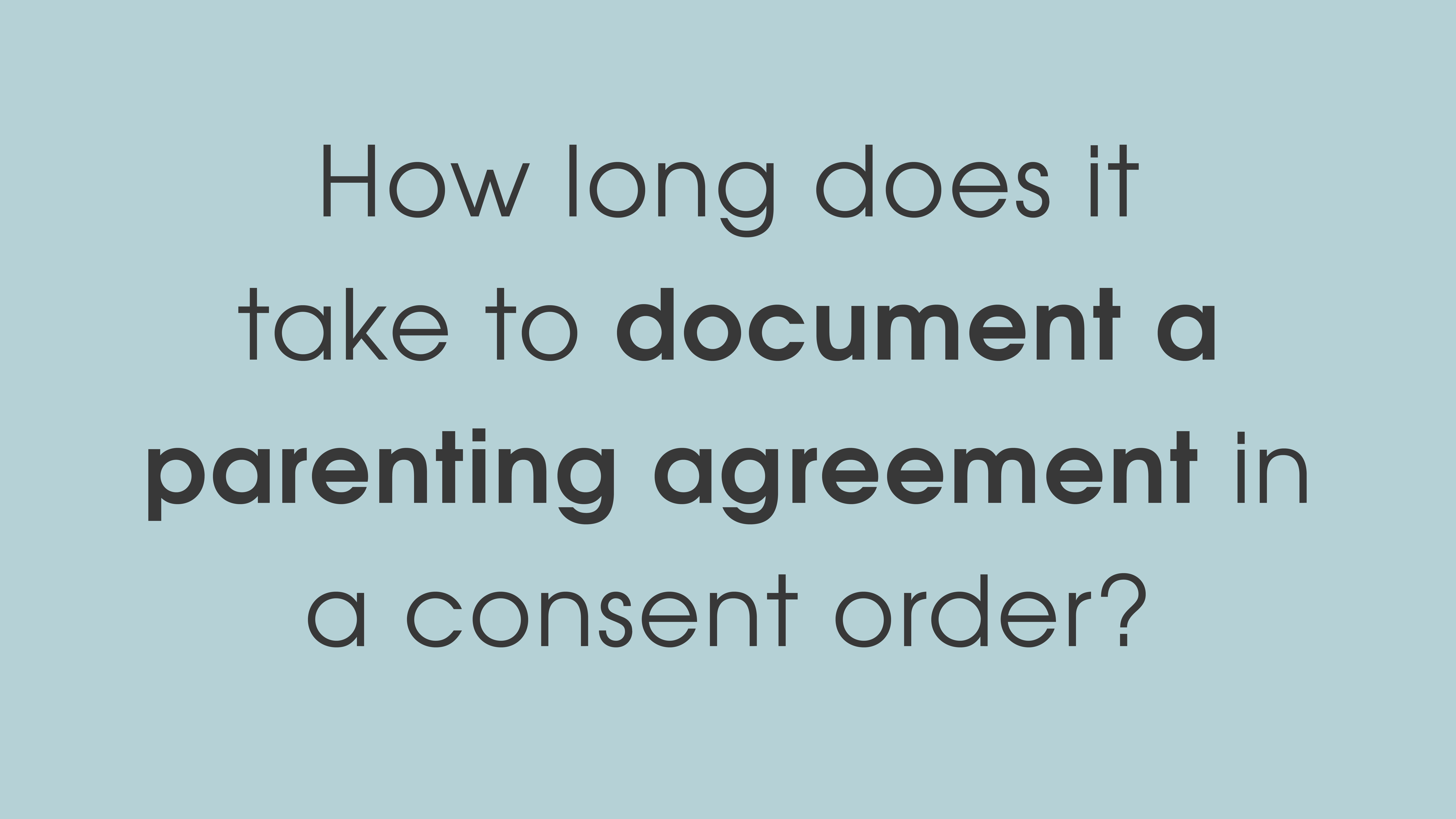Separation & Divorce – Navigating the End of Your Relationship

The end of a romantic relationship, whether by your choice or your partner’s, can be a tumultuous and emotionally charged journey. Navigating the complexities of separation and divorce is a process that often involves profound emotional and practical challenges. In this article, we will explore the dynamics of this difficult journey, understand the stages of grief involved, and provide valuable tips to help you survive the early days of separation or divorce.
Made the Decision to Leave or Had it Made for You
Sometimes, the decision to end a relationship is a conscious choice, while in other cases, it may be thrust upon you by your partner. Regardless of how it unfolds, it’s essential to acknowledge the emotional impact and prepare for the road ahead.
1. Choosing to Leave: If you’ve made the difficult decision to leave, it’s common to experience a mix of relief, guilt, sadness, and uncertainty. You may question your choice and wonder if you’ve made the right decision. Seeking support from friends, family, or a therapist can be invaluable during this time.
2. Having the Decision Made for You: If your partner initiates the separation or divorce, you may experience feelings of shock, rejection, and loss of control. It’s essential to give yourself time to process these emotions and remember that the actions of another person do not define your worth.

Understanding the Grief Process
Separation and divorce often trigger a grieving process similar to the one experienced after a death. Recognising where you are in this process can help you better understand your emotions and take steps toward healing.
In the initial stages, it’s common to deny the reality of the situation. You might find yourself hoping for reconciliation or clinging to the past. As reality sets in, anger can become a dominant emotion. This anger may be directed at your ex-partner, yourself, or the circumstances surrounding the breakup. You may go through a phase of bargaining, where you try to negotiate or change the circumstances that led to the separation, even if it’s not within your control. Feelings of sadness, grief, and loss can be overwhelming. It’s crucial to seek support and professional help if these emotions become unmanageable. Over time, with healing and self-reflection, acceptance of the situation can begin. This doesn’t mean you’re over it, but you’re learning to cope and move forward.
Tips to Survive the Early Days
The early days of separation or divorce can be incredibly challenging, but there are strategies to help you navigate this turbulent period:
1. Lean on Your Support System: Reach out to friends and family who can provide emotional support. Don’t hesitate to seek professional counselling or therapy.
2. Self-Care is Vital: Take care of your physical and emotional well-being. Exercise, eat well, get enough sleep, and engage in activities you enjoy.
3. Set Practical Goals: Focus on organising your life practically. Create a budget, establish a routine, and clarify responsibilities if children are involved.
4. Limit Contact: If possible, establish boundaries and limit contact with your ex-partner to reduce emotional turmoil.
5. Stay Positive: Try to maintain a positive outlook. Consider this period as an opportunity for personal growth and self-discovery.
6. Take it One Day at a Time: Remember that healing is a process, and it’s okay to have good and bad days. Be patient with yourself.
The journey through separation and divorce is undoubtedly one of the most challenging experiences a person can face. Whether you initiated the split or had it thrust upon you, recognising the stages of grief, and seeking support is essential for healing and moving forward. The early days may be rough, but with time and self-care, you can emerge from this period stronger and more resilient. Remember, you are not defined by your relationship status but by your capacity for growth, resilience, and self-love.





